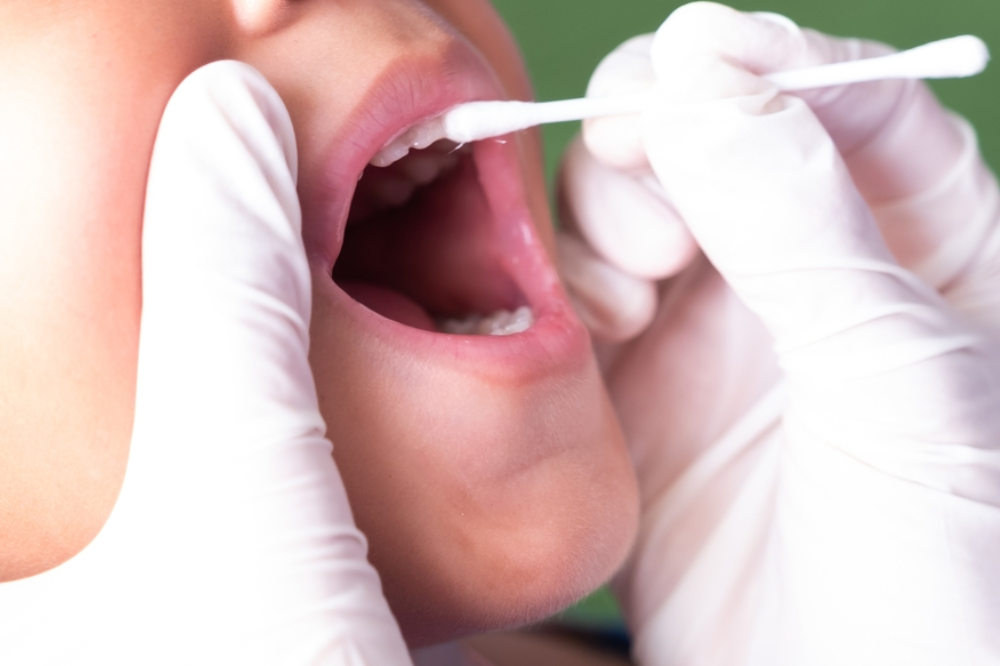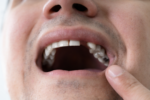When it comes to oral health, adults often overlook the importance of fluoride treatment. However, this treatment is essential after a dental cleaning, especially for preventing cavities and maintaining overall oral health. Let’s delve into why fluoride treatment is highly recommended for adults and how it contributes to a healthy smile.
If you’re seeking dental cleanings in Duncan, it’s important to ensure that fluoride treatment is part of the process to maximize the benefits and protection against cavities.
Understanding the Role of Fluoride Treatment
Fluoride is a natural mineral that helps strengthen enamel and protect teeth from decay. It’s particularly beneficial for adults who may have weakened enamel due to age or other factors. Fluoride treatment involves applying a high concentration of fluoride to the teeth for a few minutes, providing extra protection against cavities.
After fluoride treatment, it is recommended to wait at least 30 minutes before brushing teeth to allow the fluoride to fully absorb into the enamel and provide its protective benefits. If you’re wondering, “When can I brush my teeth after fluoride treatment?” we recommended to follow your dentist’s specific instructions for the best results.
Fluoride Treatment and Dental Cleanings
In Duncan, dental cleanings are a routine part of oral health care. However, they can leave the enamel temporarily more vulnerable to decay. Fluoride treatment helps counteract this effect by strengthening the enamel and making it more resistant to acid attacks.
The Importance of Fluoride for Adults
Fluoride is a naturally occurring mineral that has proven to be beneficial for dental health, particularly in preventing tooth decay and cavities. While it is often associated with children and their dental care, the importance of fluoride extends to adults as well.
As adults, maintaining good oral hygiene is crucial to prevent dental issues such as decay, cavities, and gum disease. Fluoride helps to strengthen the enamel on teeth, which is the outer layer that protects them from damage. By making enamel more resistant to acid attacks from plaque bacteria and sugars in the mouth, fluoride effectively reduces the risk of tooth decay.
While adults might not be as prone to cavities as children, they are still susceptible, especially as they age. Factors like dry mouth, gum recession, and exposure to acidic foods and beverages can increase the risk. Fluoride can help counteract these risks by promoting remineralization of teeth and inhibiting the growth of harmful bacteria.
Fluoride is available in various forms for adult use, including toothpaste, mouthwash, and professionally applied treatments at the dentist’s office. Incorporating fluoride into an adult’s oral care routine can greatly contribute to maintaining strong and healthy teeth.
Fluoride Treatment Process
Let us understand What Does Fluoride Treatment Do? in detail,
Fluoride treatment, typically administered during dental check-ups, plays a crucial role in maintaining oral health. It’s a simple, quick procedure that can have lasting benefits. Fluoride, a natural mineral, strengthens tooth enamel, which is the protective outer layer of teeth. This enamel is constantly exposed to acids and bacteria, which can erode it and lead to cavities. It also inhibits the growth of bacteria, which can further protect against cavities.
Regular fluoride treatments can help prevent cavities in baby teeth, which are essential for the proper alignment and spacing of permanent teeth. For adults, fluoride treatments can help strengthen weak spots in enamel, reducing the risk of cavities.
While fluoride treatment is generally safe and effective, it’s important to use it as directed by a dental professional. Overuse of fluoride can lead to a condition called fluorosis, which causes white spots on teeth. However, this is rare and usually only occurs with excessive fluoride exposure, such as swallowing fluoride toothpaste.
When to Brush After Fluoride Treatment?
It’s generally recommended to wait at least 30 minutes after a fluoride treatment before brushing your teeth. This allows the fluoride to be absorbed by the enamel and provides maximum protection. Afterward, you can resume your regular brushing routine for optimal oral hygiene.
Fluoride treatment is a vital addition to adult dental cleanings. It strengthens enamel, prevents cavities, and promotes overall oral health. If you’re in Duncan and looking for a dentist who offers fluoride treatment, consider visiting us. We’re committed to helping our patients maintain healthy smiles for a lifetime.
Cowichan Valley Dental: Smile Bright
With a skilled team and state-of-the-art technology, the dentist in Duncan provides comprehensive services to keep your smile healthy and beautiful. Don’t wait any longer – schedule your appointment today and let Cowichan Valley Dental help you achieve the smile of your dreams!










